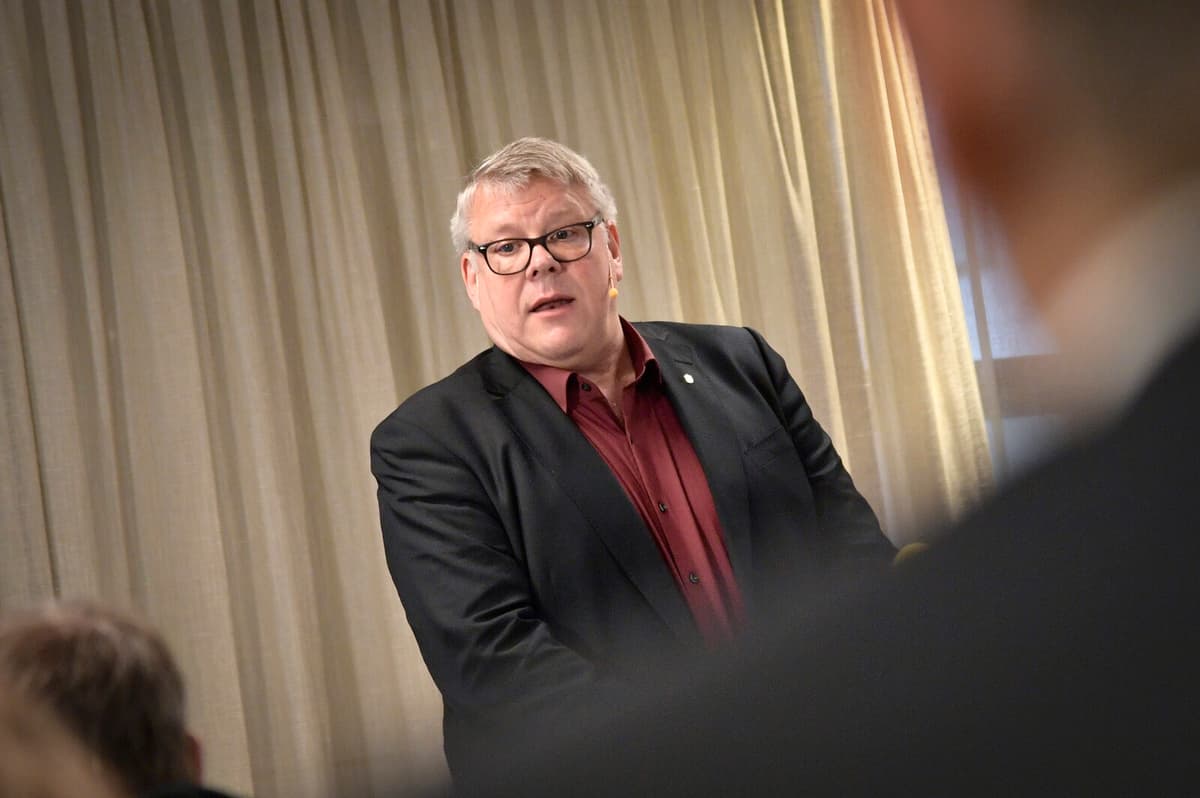The physical controls in the authority cooperation increased last year to 3,766, up from 3,090 the year before.
It is the government's intention that we really should increase the number of controls every year. And they really believe in this, that more controls provide more opportunities for us to counteract these phenomena, says Arne Alfredsson, head of authority cooperation at the Work Environment Authority, at a press conference.
The efforts are primarily directed towards risk industries such as restaurants, trade, car workshops, and the construction sector.
Workplace crime affects both individual employees, such as human trafficking and exploitation in the restaurant or bar industry, but also entails unfair competition and significantly reduced tax revenues.
The cooperation led last year to more detected crimes, a total of approximately 91 million kronor in claims, denied payments, fees, and increased taxes.
The improved results in 2024 are partly due to new legislation from last summer, which allows authorities to share information with each other in a way they previously could not, leading to more targeted selections.
However, they still do not have the opportunity to share information with all relevant parties, such as municipalities and regions, says Alfredsson.
We would like to see the legislation broadened in such a way.
Is crime affected by your increased efforts?
We have not made analyzes in that way and it is very difficult. We know that we cannot control these phenomena away, but we can disrupt and we do so successfully.
Workplace inspections are carried out in identified risk industries. The most controls were carried out in the hotel and restaurant industry.
Hotel and restaurant (1,037 controls)
Trade (590)
Repair of motor vehicles (537)
Construction (499)
Other service industries (344)
Other industries (319)
Transport and storage (264)
Manufacturing (176)
Source: Work Environment Authority






